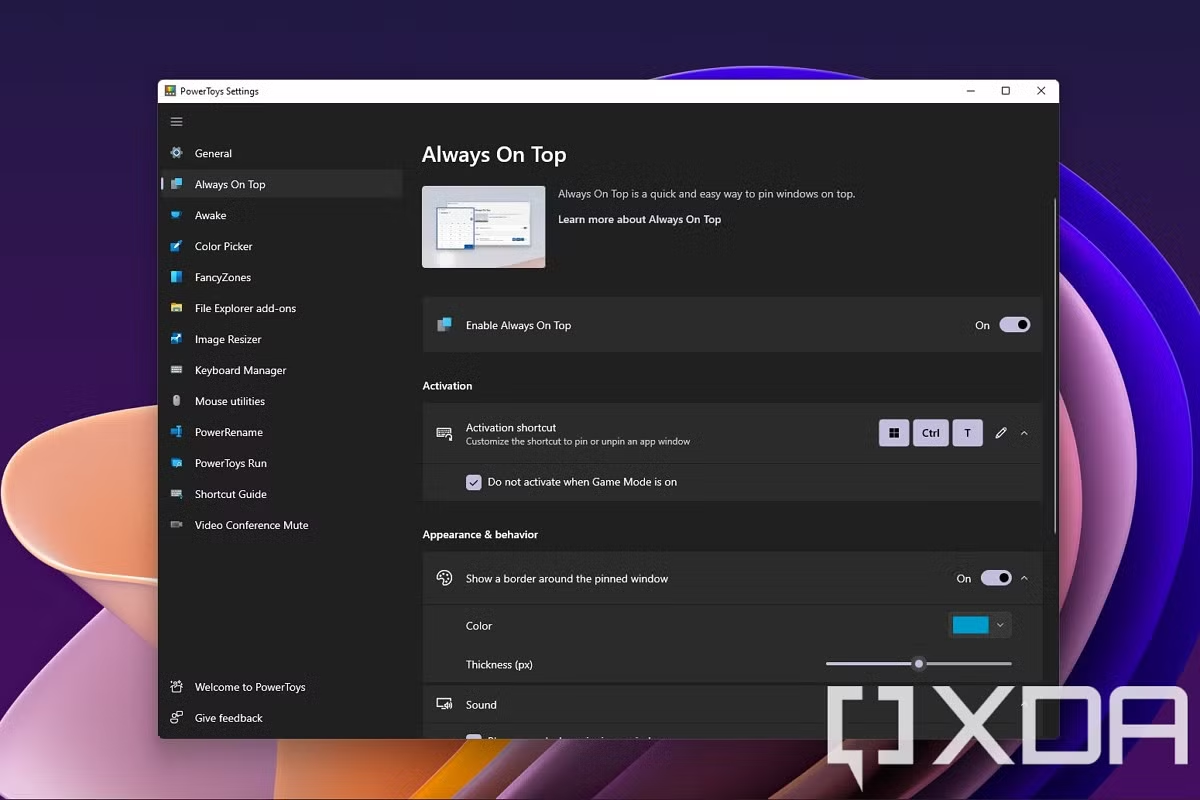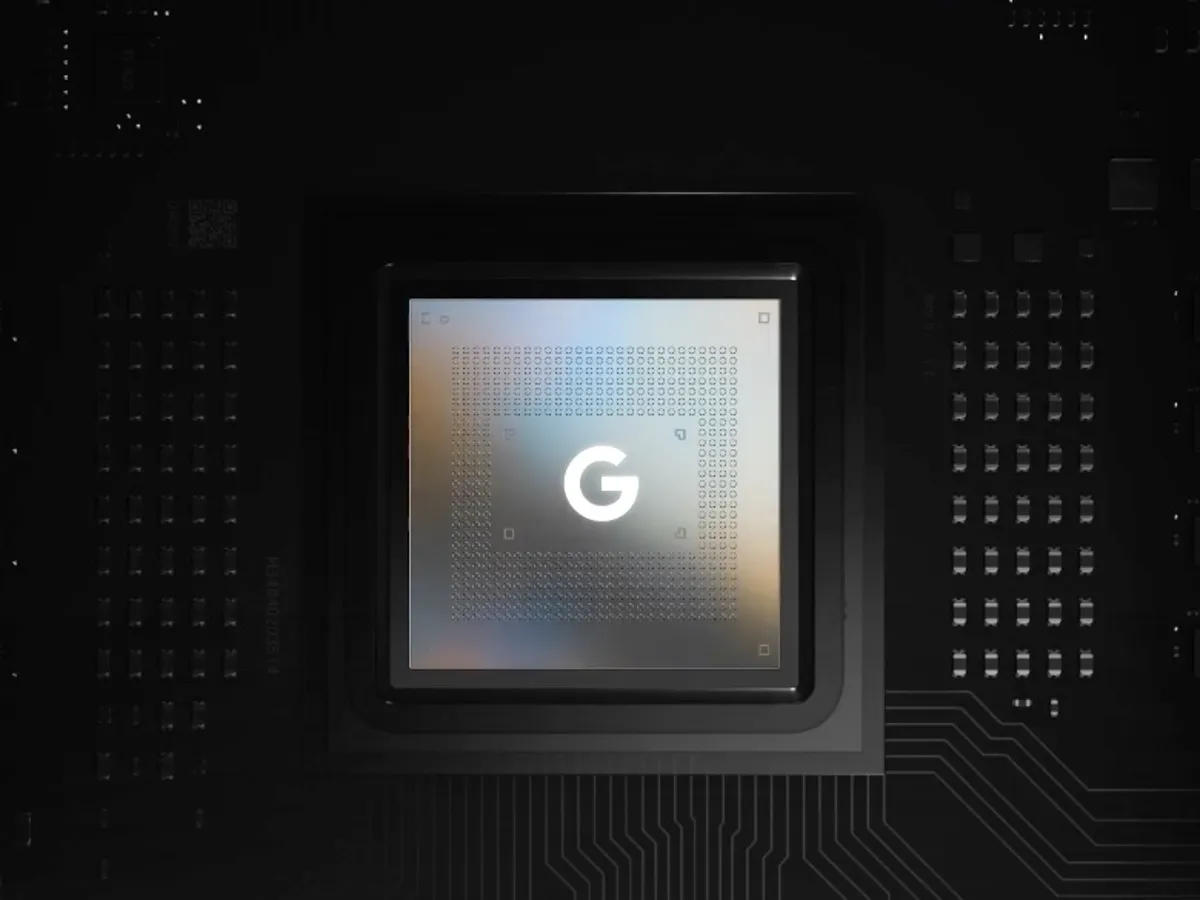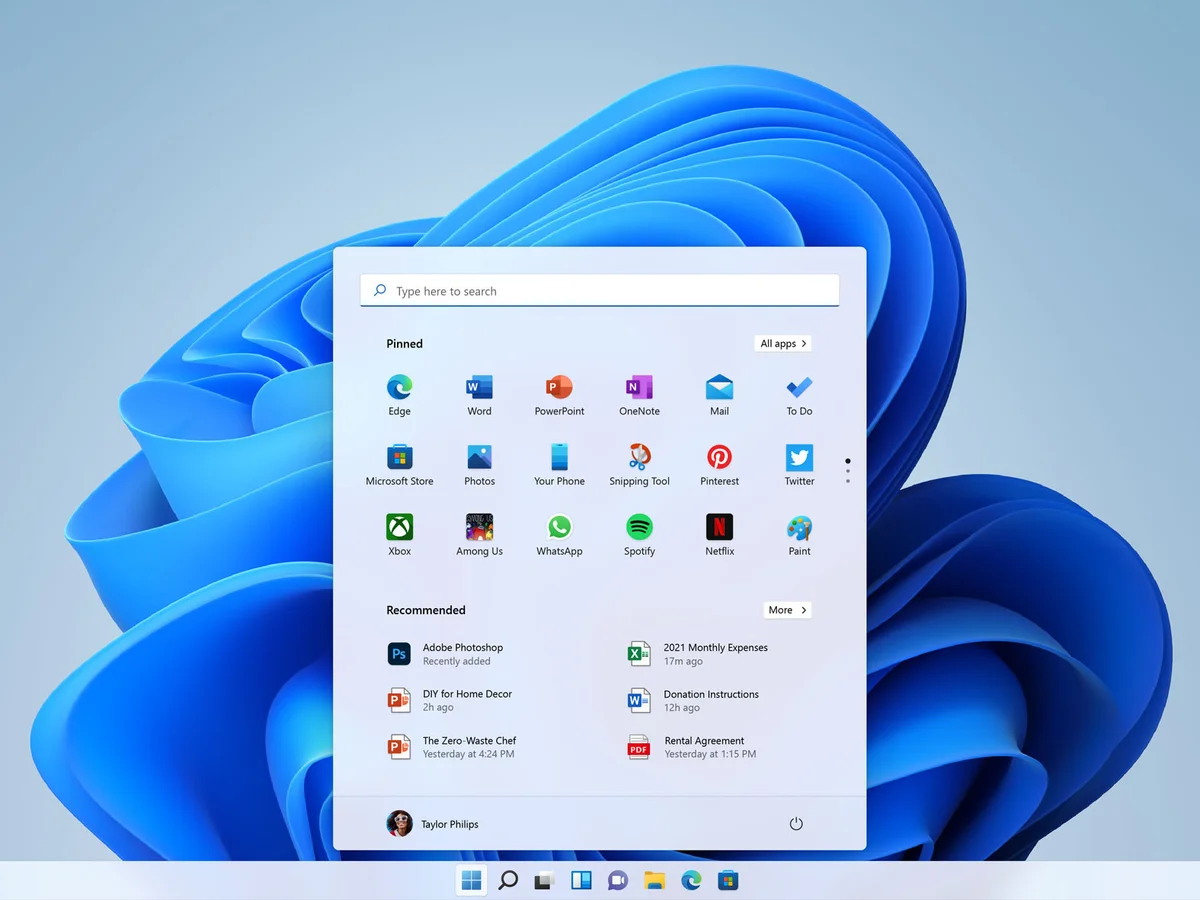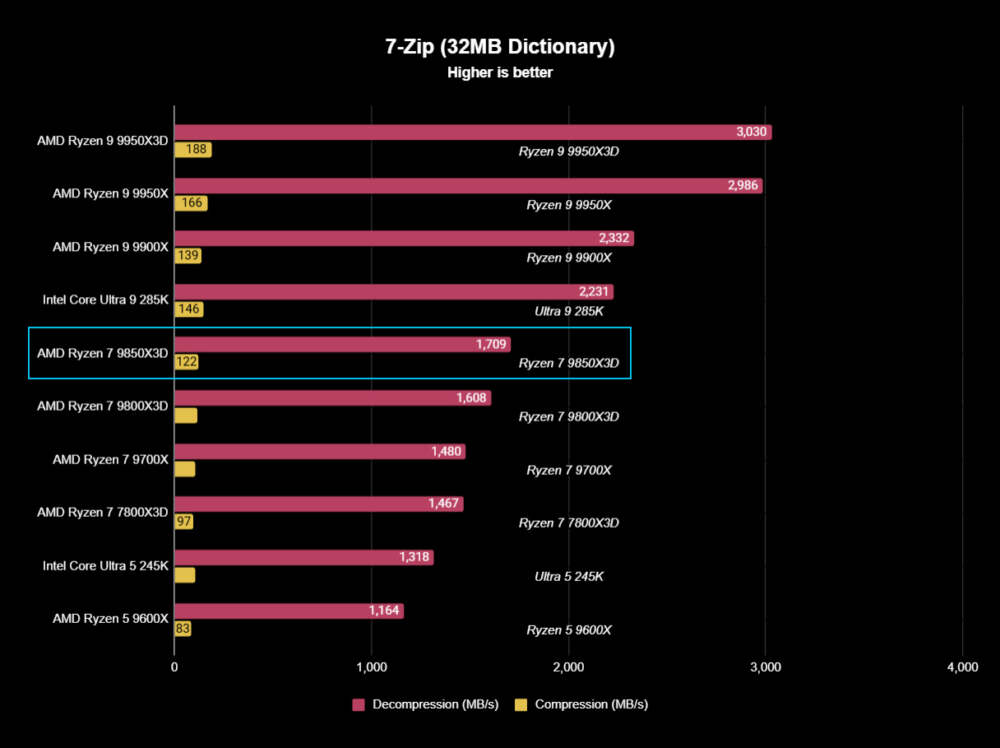Perplexity, the AI-driven search startup, has formally launched Comet — a browser that aims to embed artificial intelligence deeply into the browsing experience. The arrival of Comet marks a bold attempt to redefine how people interact with the web, shifting from tab-based browsing toward an AI-guided assistant that “travels with you” across content and tasks.
From Search Engine to Agentic Browser
Perplexity first made its name through AI-powered search: users could query in natural language, and the system would deliver summaries, sources, and follow-up clarity. With Comet, Perplexity extends that vision — the browser is built from the ground up to weave AI into every part of each web session.
Instead of treating AI as a sidebar or extension bolted onto a traditional browser, Comet treats it as a central component. It’s designed to assist users by summarizing pages, performing tasks (like booking or shopping), and reasoning across multiple tabs. In essence, Comet positions itself less as a conventional browser and more as a digital co-pilot for the web.
What Comet Offers: Key Features & Capabilities
Comet brings together several features intended to enhance productivity, clarity, and convenience:
- Integrated AI Assistant
An AI companion lives in the sidebar, capable of parsing on-page content, answering context-aware queries, and helping with next steps without switching windows. - Smart Summaries and Contextual Reasoning
Rather than merely showing search results, Comet can digest long articles, extract key points, and present them to users — potentially saving time and reducing cognitive load. - Task Automation Support
The browser allows users to request specific actions (for instance, find me a flight or compare product options). The AI agent behind Comet handles much of the lifting, subject to user confirmation. - Seamless Imports & Compatibility
Because Comet is built atop the Chromium engine, users can import bookmarks, extensions, passwords, and browsing data from Chrome or other Chromium-based browsers — lowering the barrier to switching. - Subscription Tiers & Premium Content
While Comet is now available for free to everyone, Perplexity also offers a “Comet Plus” add-on for curated news content and enhanced features. Users on Pro or Max plans often receive access to Plus as part of their subscription.
Why Perplexity Thinks This is the Future of Browsing
Perplexity’s leadership frames Comet as more than just a browser — they view it as an agentic interface that helps users think, not just browse. Their mission: reduce “internet clutter” by shifting away from endless tabs, link hunts, and fragmented workflows. In their vision, the AI doesn’t just react; it proactively understands what you’re doing and pre-emptively assists.
Comet also represents Perplexity’s bid to go head-to-head with entrenched browser giants. By offering a more intelligent, streamlined experience, they hope to chip away at default browser inertia and capture users who are weary of tab overload and redundant searches.
Launch, Access, and Availability
When it first debuted, Comet was available only to high-tier subscribers (like Perplexity’s “Max” plan). Over time, the company introduced invite-based access for Pro users and users on waiting lists. As of its open launch, Comet is now free for everyone globally. Premium features or media content bundles remain gated behind subscription or add-on tiers.
The browser currently supports Windows and macOS platforms, making it accessible to a wide user base. Because Comet is Chromium-based, it offers compatibility with many existing Chrome extensions — a smart move to ease user transition.
Security Concerns: What Audits Revealed
Despite the fanfare, Comet has come under scrutiny by security firms. Audits by companies such as Brave and Guardio have flagged serious vulnerabilities in how Comet handles AI summarization and user requests:
- Prompt injection risks: Comet’s AI may take instructions embedded in malicious webpage content (for example, hidden in user-posted text) and execute them as commands — potentially leaking data or manipulating accounts.
- Over-automation exposure: In tests, Comet’s AI was shown to execute fraudulent purchases or interact with phishing sites on behalf of users — bypassing typical human safety checks.
- Trust chain concerns: Because AI handles decision logic internally, users may not see red flags or domain irregularities that they otherwise would when interacting manually.
These security issues highlight a core tension with AI-first browsers: when decision authority is transferred from humans to AI agents, the usual safeguards users rely on can be bypassed or diluted.
Perplexity has acknowledged some of these vulnerabilities and indicated it is working on improved guardrails and detection filters. But the findings underscore that AI agents handling web data and transactions must be designed with strong threat models and human oversight in mind.
Strengths, Weaknesses, and the Outlook
Strengths:
- Comet offers an elegant, integrated AI experience that can streamline research, multitasking, and browsing.
- Its Chromium base ensures compatibility and easier adoption for users coming from Chrome.
- The free rollout lowers barriers to entry, increasing the chance of broad adoption.
Weaknesses & Risks:
- Security vulnerabilities pose serious risks, particularly when AI acts autonomously.
- The AI’s decision-making may misinterpret context or malicious content, leading to unintended consequences.
- Some features are locked behind paywalls or subscriptions, limiting full access for free users.
Outlook:
Comet is a bold experiment in what browsing could become. If Perplexity successfully bolsters its security posture and refines its AI decision-making, it could become a serious alternative to legacy browsers. But its trajectory depends on trust. Users must feel confident that Comet’s AI is not only useful, but also safe.
We are likely to see intensified competition: Google has already integrated Gemini into Chrome, and other browsers (like Opera, Arc, and Edge) are pushing their own AI features. Comet’s success won’t just be about tech features — it will hinge on whether users trust AI to handle their browsing.
















Leave a Reply